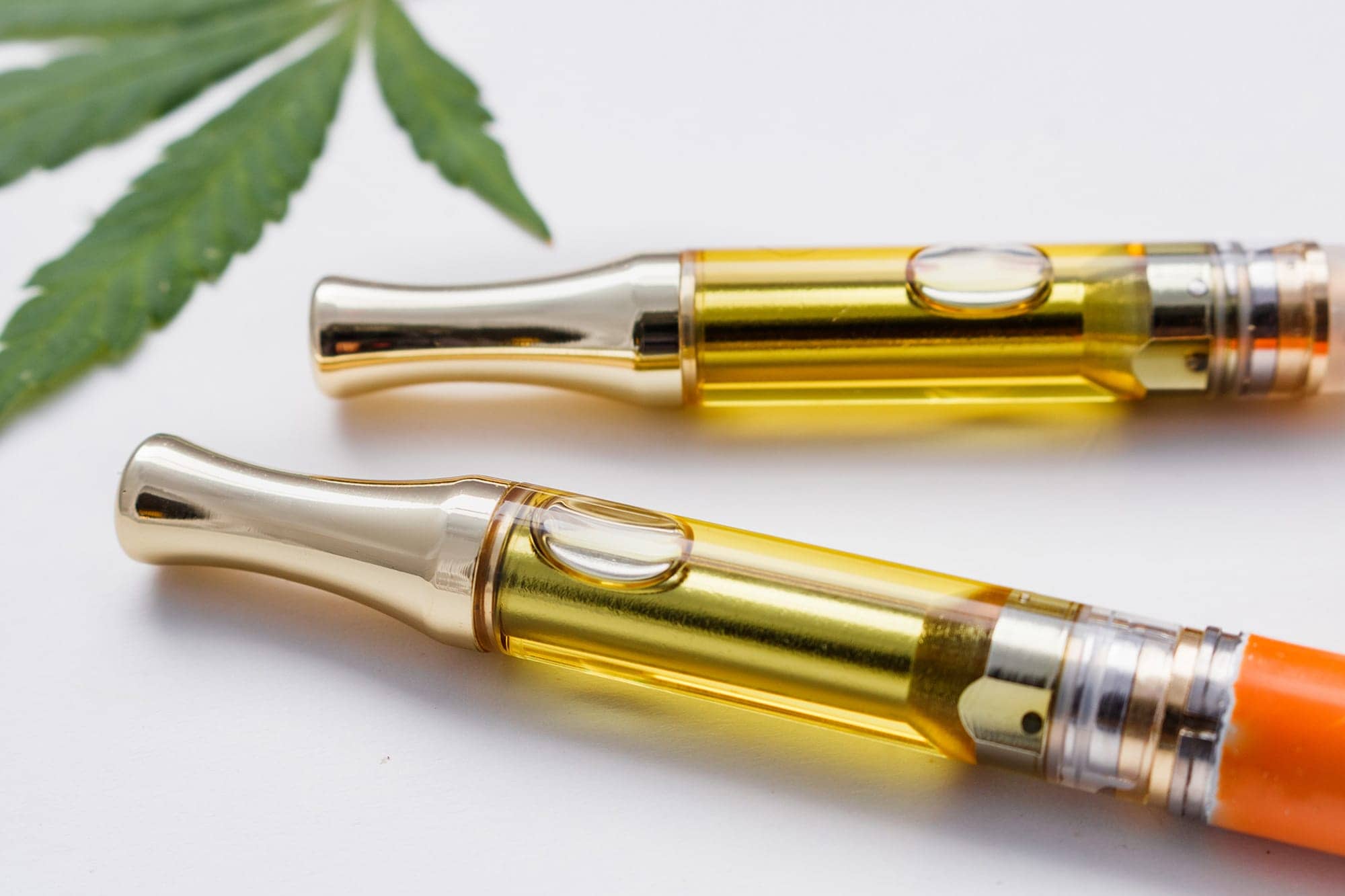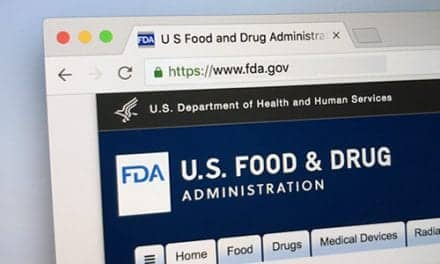10/11/06
States that have personal belief exemptions for school immunization requirements and exemptions that are easily obtained, have higher rates of new cases of pertussis (whooping cough) than states in which obtaining immunization exemptions is more difficult, according to a study in the October 11 issue of JAMA.
Saad B. Omer, MBBS, MPH, of the Johns Hopkins Bloomberg School of Public Health, Baltimore, and colleagues conducted a study to determine if the rates of nonmedical exemptions differ and have been increasing in states that offer only religious versus personal belief exemptions, and if the incidence of pertussis is associated with policies of granting personal belief exemptions and ease of obtaining exemptions. The researchers analyzed state-level rates of nonmedical exemptions at school entry from 1991 through 2004 and data for incidence of pertussis from 1986 through 2004 for individuals age 18 years or younger.
From 2001 through 2004, states that permitted personal belief exemptions had higher nonmedical exemption rates than states that offered only religious exemptions, and states that easily granted exemptions had higher nonmedical exemption rates in 2002 through 2003 compared with states with medium and difficult exemption processes. The average exemption rate increased an average of 6% per year from 1991 to 2004 among states that offered personal belief exemptions. In states that easily granted exemptions, the rate increased 5% per year from 1991 to 2004. No statistically significant change was seen in states that offered only religious exemptions or that had medium and difficult exemption processes. However, the researchers also found that easier granting of exemptions was associated with a 53% increased incidence of pertussis, and the availability of personal belief exemptions was associated with a 48% increased incidence.








